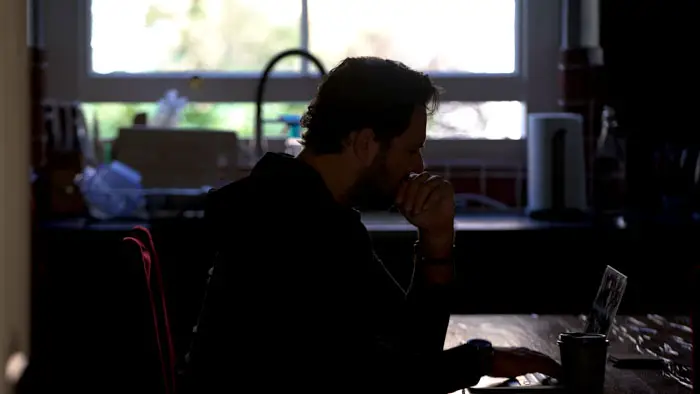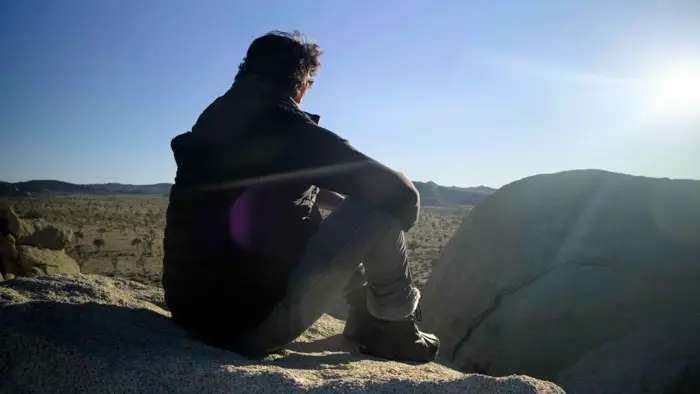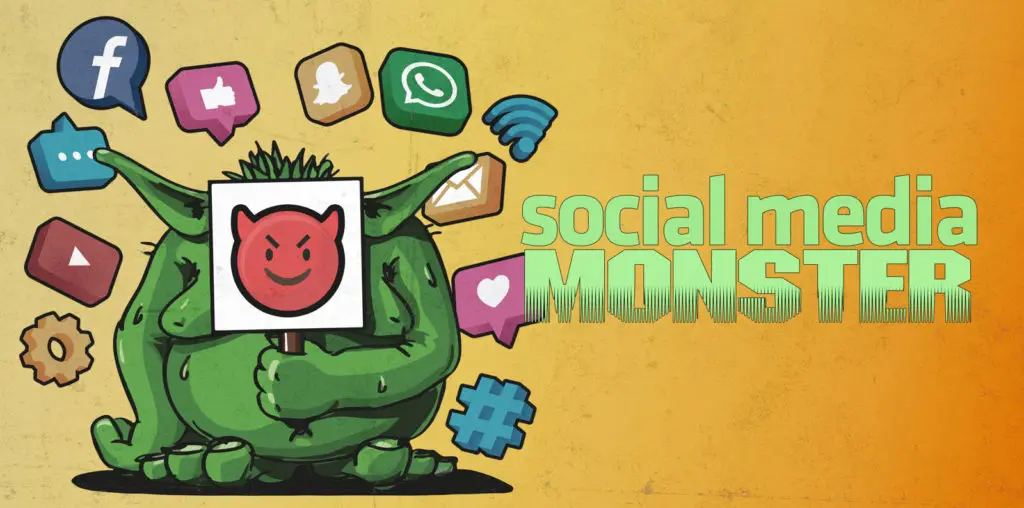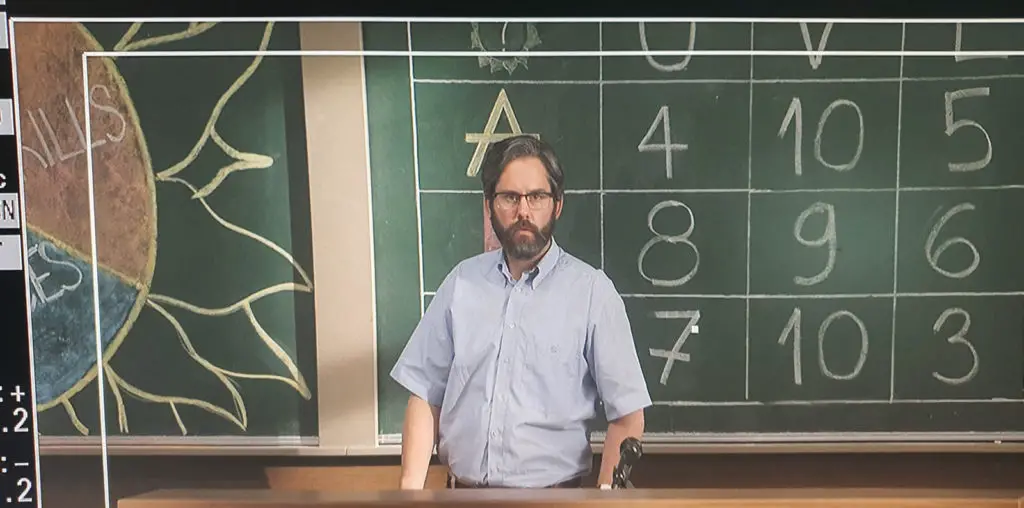
The historical information is unnecessary. Everyone participating in the digital culture either already knows or doesn’t care about how we got here. We all know what influencers are. The film tells us that users are constantly kept in a state of highly anxious, fearful alert with alarming headlines and sound bites. They convey this message using the same techniques described, which feels a bit hypocritical.
A mission statement is provided on the film’s website: “…to distill this complex problem into digestible truths that convey the costs of internet platforms and make them as widely understood in the canon of common knowledge as the benefits.”

“…distill this complex problem into digestible truths…”
Documentarian David Donnelly establishes his place in this mix, “I am the last of the analogs. That feels strange to write, but it’s true. I was born in 1981. I had to memorize the phone numbers of friends and family, research with actual encyclopedias, order food with humans, and have awkward conversations with people at airports and in elevators. A lot has changed in my lifetime. The most important change I noticed is the transfer of trust. We used to be more trusting of each other and cautious of technology. Now, we are more cautious of each other and more trusting of technology.” Donnelly delivers the information in bite-sized chunks with compelling visuals and music cues. The film is polished and organized.
The Cost of Convenience catastrophizes digital culture as essentially enslaving humanity but stops short of exploring ways to maintain individual autonomy and will and use tech to one’s advantage. It’s that hard work and self-discipline that isn’t discussed. That said, the film thoroughly, if sensationally, documents digital impact on culture in an engaging fashion and should be seen as a perfect starting point for discussion of where we are and where we wish to go.

"…documents digital impact on culture in an engaging fashion..."


